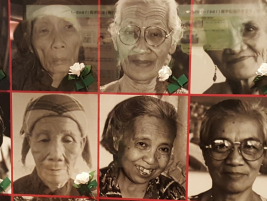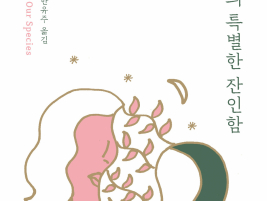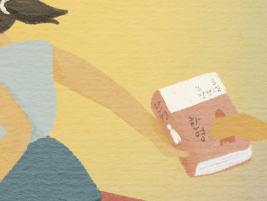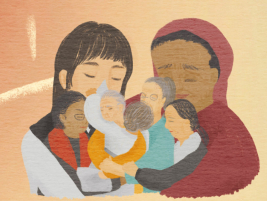survivor
-

- Your Name
-
In the era of “One Left” illustrated in a novel written by author Kim Soom, what we have to do now is not count the number of government-registered survivors, but call out the names of “the drowned” between 240 and 200,000 victims and “save” those who are still drowning.
-

- The voices that rolled inside bodies – Emily Jungmin Yoon’s collection of poems A Cruelty Special to Our Species
-
Similar to what the researchers considered in the fourth collection of testimonies, the line placement and long pauses in Emily Jungmin Yoon’s poems would be the mimesis for the testifiers’ persistent pain, long silence, faltering, and hesitation that are manifested through poetic deviation.
-

- The Twilight of Testimony
-
Kim Soom’s novel “One Left”(Hyundae Munhak) is a work that announces a new turning point in the era of testimony. worldview formed ahead of these final moments, and can it present us with meaningful realistic possibilities not only in literary terms but also social and historical ones?
-

- People's Tribunal for Women in Guatemala - The story of women from the other side of the globe who inherited each other's pain
-
The Women's International War Crimes Tribunal on the Trial of Japan's Military Sexual Slavery in 2000 (hereinafter the ‘Women's International War Crimes Tribunal 2000’), which was hosted in Tokyo, Japan from December 8 to 12, 2000, was a people’s tribunal[1] that held the Japanese government – the perpetrating state - and Emperor Hirohito responsible for war crimes. It was viewed as the most appropriate alternative plan devised at a time when it was no longer feasible to hold a legally effective international court with any cooperation from the Japanese government.